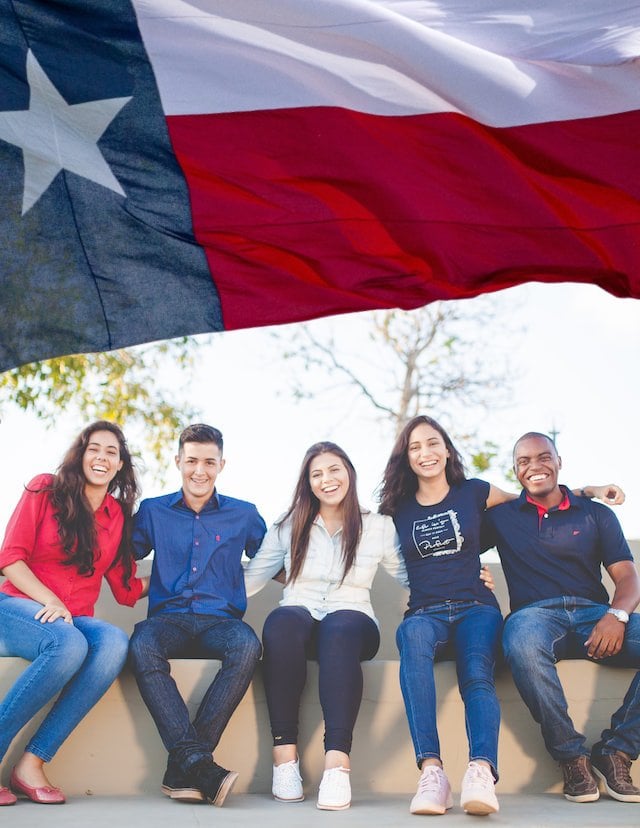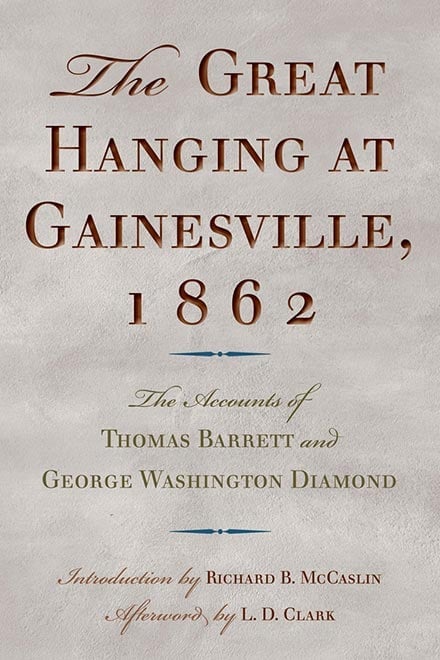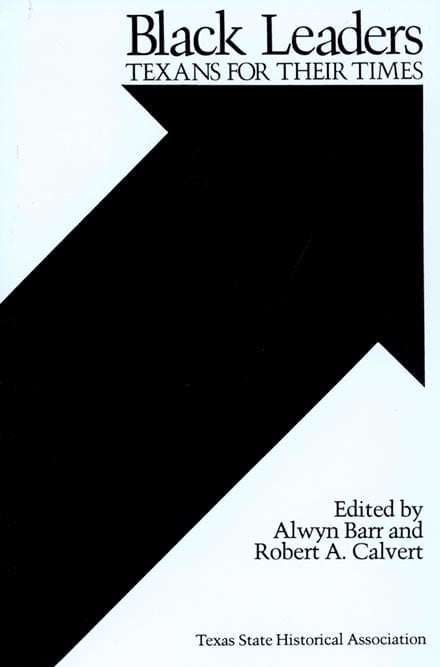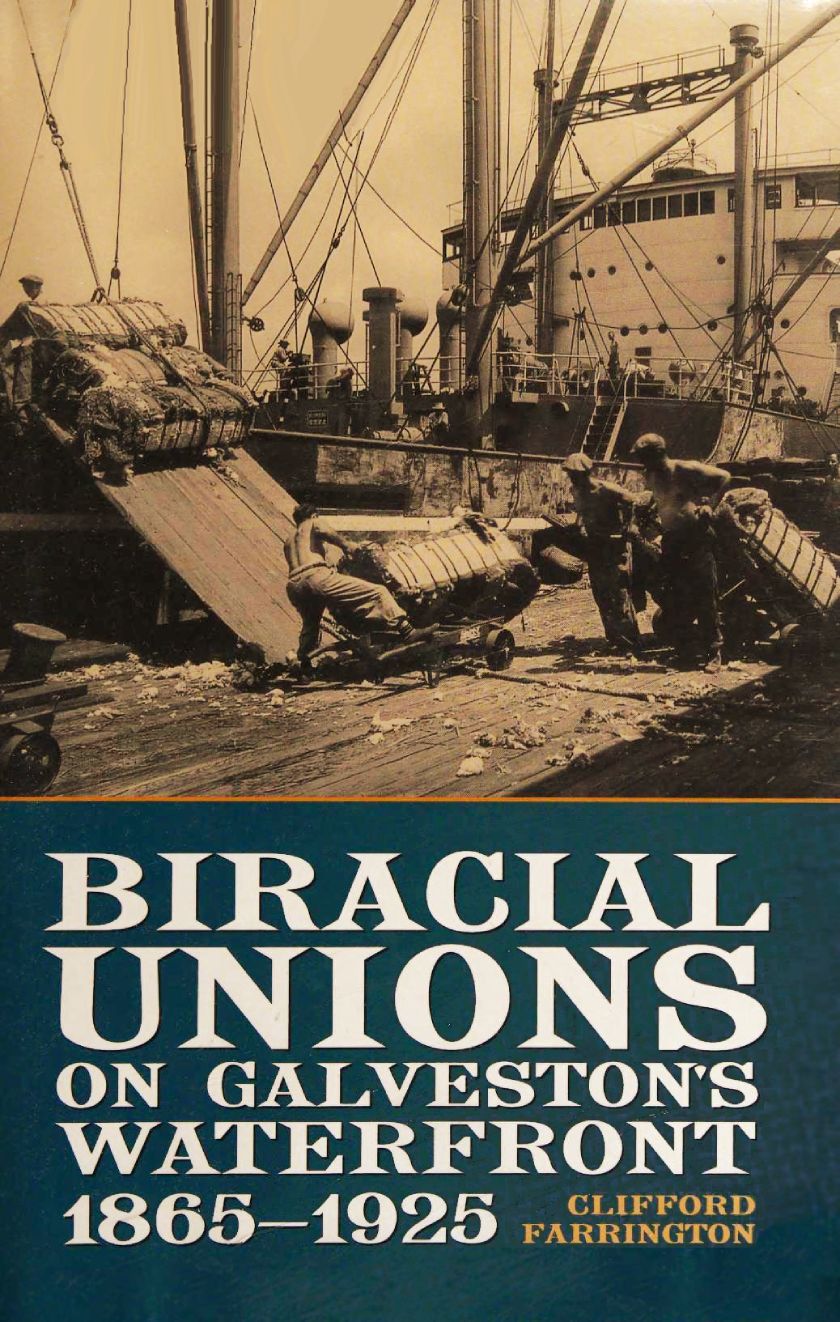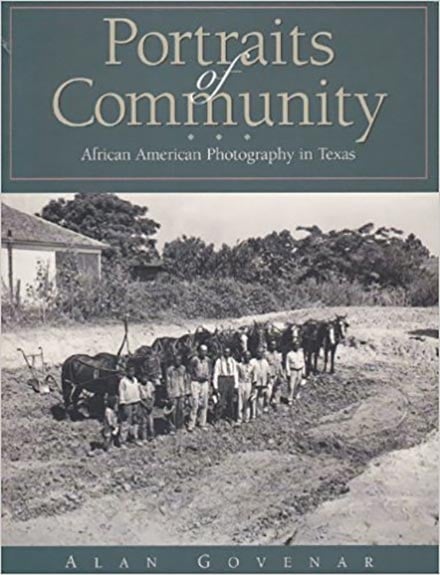The Life and Legacy of George Floyd: A Catalyst for Change (1973–2020)
By: Ervin James III
Published: May 10, 2023
Updated: May 10, 2023
George Perry Floyd, Jr., whose death at the hands of four Minneapolis police officers caused nationwide protests against police brutality and racism, was the son of George Perry Floyd, Sr., and Larcenia (Jones) Floyd and was born in Fayetteville, North Carolina, on October 14, 1973. In 1977 his divorced mother relocated and raised Floyd and two sisters in Houston’s Third Ward. Floyd (known as “Perry” to family members) grew up in the Cuney Homes public housing project, an impoverished African American neighborhood that experienced crime and gang-related activities. He attended Frederick Douglass Elementary School and James D. Ryan Middle School before going to Jack Yates High School. Floyd, who was well over six feet tall, excelled as a varsity high school athlete in basketball and football and was a tight end on the 1992 football team that played in the 5A Division II state championship game. He graduated from Jack Yates High School with an athletic scholarship to attend South Florida Community College in 1993. By 1995 he transferred to Texas A&M–Kingsville but did not graduate.
In Houston, Floyd held a variety of different service jobs while also pursuing a career as a hip-hop artist in the entertainment industry from the late 1990s to the early 2000s. Suffering from depression and drug addiction, he had a record of multiple arrests and was incarcerated. After his release, Floyd worked with a local Christian ministry, Resurrection Houston, in the effort to turn his life around and positively impact his community.
He relocated to Minnesota in search of better opportunities in early 2017 and went through a rehabilitation program at an African American-owned organization known as Turning Point. He found steady employment in the security industry within the Minneapolis metropolitan area; his first job was as a security guard at a homeless shelter operated by the Salvation Army. He later worked as a driver and a bouncer at a club called Conga Latin Bistro but lost his job during the spring of 2020, when the COVID-19 pandemic instigated stay-at-home orders and the large-scale shutdown of businesses.
On May 25, 2020, a Cup Foods grocery store employee contacted the police to report Floyd’s alleged use of a counterfeit $20 bill. Four Minneapolis Police Department (MPD) officers arrived and physically attempted to take him into custody resulting in his death. Bystander Darnella Frazier’s video recording captured the incident that sparked an extensive investigation. MPD police officer, Derek Chauvin, was convicted for causing Floyd’s death due to asphyxia by pressing his knee on his neck for nine minutes and twenty-nine seconds while Floyd lay helplessly handcuffed on the ground and gasping for air as he repeatedly declared he could not breathe. Chauvin’s conviction of second-degree murder, third-degree murder, and second-degree manslaughter brought a sentence of more than twenty-two years in state prison. The other three MPD police officers on the scene—Tou Thao, J. Alexander Kueng, and Thomas Lane—were also fired, criminally charged, convicted, and sentenced to prison in connection with civil rights violations that contributed to Floyd’s death.
From June 6, 2020, to June 9, 2020, highly-respected civil rights activists, law enforcement officers, entertainers, elected officials, community organizers, and countless others attended memorial services held for Floyd in both Minnesota and Texas. His final resting place is in Houston Memorial Gardens in Pearland, Texas. His family received a settlement for $27 million from a civil lawsuit against the city of Minneapolis.
His case served as a major catalyst for widespread protest and advocacy concerning criminal justice reform measures designed to combat anti-Black violence, racial injustice, and law enforcement misconduct. Across the U. S., thousands of people actively engaged in protest activities within two weeks of the incident. Within six months, millions of Americans galvanized to form a national movement to defund the police, ban deadly choke holds, eliminate qualified immunity, and expand federal oversight concerning civil rights violations committed by law enforcement officers. Artists, musicians, writers, universities, and politicians memorialized his untimely death through art exhibits, songs, articles, books, scholarships, sporting events, and laws to commemorate Floyd’s life and legacy. George P. Floyd, Jr., was survived by his four siblings, his daughters, and son. Some of his family members have remained engaged in social justice activism around the nation. Their George Floyd Memorial Foundation routinely engages in fundraising, philanthropy, and contributes to community service programming focused on criminal justice reform.
Bibliography:
Jacob Bentley-York, “FAMILY MAN George Floyd family: Who are his parents, sisters, brothers and children,” The U.S. Sun, May 24, 2021 (https://www.the-sun.com/news/2946566/who-are-george-floyds-family/), accessed May 1, 2023. “George Floyd: Federal civil rights trial of three ex-officers begins,” BBC News, January 21, 2022 (https://www.bbc.com/news/world-us-canada-52969205), accessed May 1, 2023. Janelle Griffith and Shaquille Brewster, “City of Minneapolis reaches $27M settlement with George Floyd’s family,” NBC News, March 12, 2021 (https://www.nbcnews.com/news/us-news/city-minneapolis-considering-settlement-george-floyd-s-family-n1260868), accessed May 1, 2023. The Guardian, May 29, 2020. Houston Chronicle, May 26, 2020. “’I Can’t Breath!’: Video Fatal Arrest Shows Minneapolis Officer Kneeling On George Floyd’s Neck For Several Minutes,” WCCO News, May 26, 2020 (https://www.cbsnews.com/minnesota/news/george-floyd-man-dies-after-being-arrested-by-minneapolis-police-fbi-called-to-investigate/), accessed May 1, 2023. New York Times, July 29, 2022. Robert Samuels and Toluse Olorunnipa, His Name Is George Floyd: One Man’s Life and the Struggle for Racial Justice (New York: Viking, 2022). Rissa Shaw, “George Floyd’s former teammate wants him remembered as more than a news story,” KWTX, May 30, 2020 (https://www.kwtx.com/content/news/George-Floyds-former-teammate-wants-him-remembered-as-more-than-a-news-story-570889511.html), accessed May 1, 2023. Texas Tribune, June 17, 2020.
Categories:
Time Periods:
Places:
The following, adapted from the Chicago Manual of Style, 15th edition, is the preferred citation for this entry.
Ervin James III, “Floyd, George Perry, Jr.,” Handbook of Texas Online, accessed November 03, 2025, https://www.tshaonline.org/handbook/entries/floyd-george-perry-jr.
Published by the Texas State Historical Association.
TID:
FFL50
All copyrighted materials included within the Handbook of Texas Online are in accordance with Title 17 U.S.C. Section 107 related to Copyright and “Fair Use” for Non-Profit educational institutions, which permits the Texas State Historical Association (TSHA), to utilize copyrighted materials to further scholarship, education, and inform the public. The TSHA makes every effort to conform to the principles of fair use and to comply with copyright law.
For more information go to: http://www.law.cornell.edu/uscode/17/107.shtml
If you wish to use copyrighted material from this site for purposes of your own that go beyond fair use, you must obtain permission from the copyright owner.
- May 10, 2023
- May 10, 2023
This entry belongs to the following special projects:



